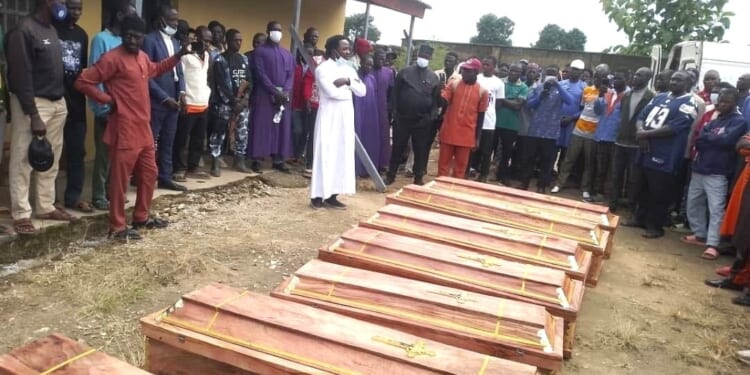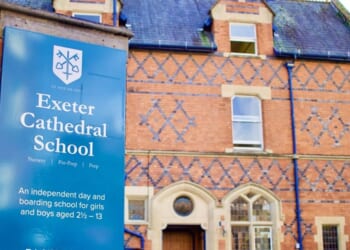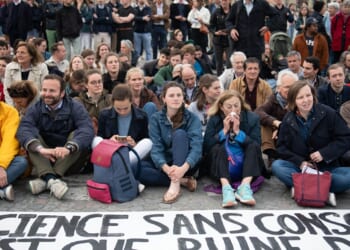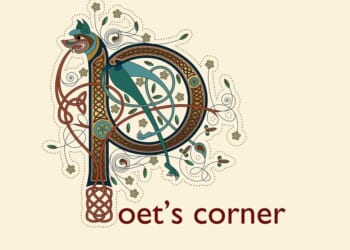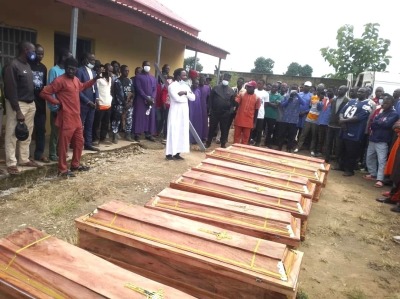
In recent days, Nigeria’s religious freedom crisis has entered the spotlight through contrasting narratives. A senior Nigerian government advisor told Al Jazeera there is no Christian genocide in the country, dismissing deaths and displacement as merely “ethnic and resource-based conflicts.” Meanwhile, President Trump not only designated Nigeria a “Country of Particular Concern” for religious freedom violations but later threatened military intervention if the persecution continues.
The greatest risk in these conversations is that we get caught up in debates that can ultimately harm the Nigerian Christians we’re called to serve, if we allow them to give us permission to look away. Because the documented reality on the ground is awful: real people are suffering real violence because of their faith.
What’s needed is truth-based advocacy that lays the spotlight on the voices of those who suffer. The data speaks clearly: According to Open Doors’ World Watch List research, 3,100 of the 4,476 Christians killed worldwide for their faith last year were in Nigeria alone. Nigeria also leads the world in Christians abducted for their faith, with 2,830 out of 3,775 worldwide.
Open Doors does not use the term genocide. It is a precise legal category, and we do not claim what we cannot prove. Yet avoiding that word should never mean rejecting the reality of persecution. Across Nigeria’s Middle Belt and northern regions, Christians face a campaign of violence so sustained and so targeted that entire communities are disappearing. Churches are burned. Pastors are kidnapped. Families are forced to flee at night, often on foot, leaving behind the only homes they have ever known.
When a public figure insists there is no persecution, or when another advocates violent intervention, the focus can too easily shift from the people who suffer to the politics of the moment. What gets lost is the lived experience of Nigerian Christians. People are being killed because of their faith. Communities are being driven out because they believe in Jesus Christ. The persecution is real, and it is spreading.
We hear from mothers who have buried their sons, people who have watched shepherds slaughtered because they are “the Christian,” pastors who have had their churches burned to ashes. These stories are not abstractions. They are the lived reality of a people clinging to faith amid fear.
Words matter, but constructive action matters more. When officials deny persecution or when we debate military solutions as though the matter is all or nothing, they risk making it harder for victims to hope that appropriate help will ever come. We must listen first to the persecuted Church about what would actually serve their needs.
The redesignation of Nigeria as a Country of Particular Concern is a step in the right direction. Said Jo Newhouse, spokesperson for Open Doors’ field work in sub-Saharan Africa, it is “an acknowledgment that the problem is large-scale and serious, and an important symbolic recognition of the tremendous suffering of the most vulnerable in parts of Nigeria.” This designation creates an opportunity for measured, effective international pressure centered on accountability and protection, not military intervention.
The United States and the international community can help by speaking plainly and acting decisively through diplomatic channels — focused on institutional accountability and curbing endemic violence. People on the ground need protection, fair prosecution of attackers, and healing and restoration in affected communities.
Citizens have a part to play as well. Open Doors is supporting the Arise Africa campaign, which gathers signatures to present to the United Nations. The petition urges concrete steps to protect Christians and other faith minorities across the continent: providing robust protection from violent militant attacks, ensuring accountability through fair prosecution, and helping bring healing and restoration to affected communities. Signing may seem like a small gesture, but together these voices remind global leaders that the persecuted are not forgotten.
Beyond policy, this moment demands empathy and prayer. Churches around the world can stand in solidarity with Nigerian believers through awareness, giving, and faithful intercession. When one part of the body suffers, Scripture tells us, every part suffers with it. This is not about politics or borders. It is about people created in God’s image who deserve to live in safety and peace.
Some will continue to argue about definitions, and that is their right. But we must not allow debates over wording or inflammatory rhetoric to drown out the testimony of those who are bleeding and broken. Whether we call it genocide, ethnic cleansing, or persecution, the effect is the same. Communities are being torn apart. Faith is being tested. Hope is being stretched thin.
At a time when the world feels divided on nearly every issue, protecting religious freedom should unite us. Defending the right to believe is not a political cause. It is a human one. The Christians of Nigeria are not asking for privilege, only for protection. And they are asking for solutions that bring peace, not further conflict.
Their question is painfully simple: Does the world still care enough to respond wisely? Our answer must be yes. And that yes must come not in threats or denial, but in consistent, peaceful advocacy that honors their dignity and addresses root causes of violence.
Ryan Brown serves as president and CEO of Open Doors US.

